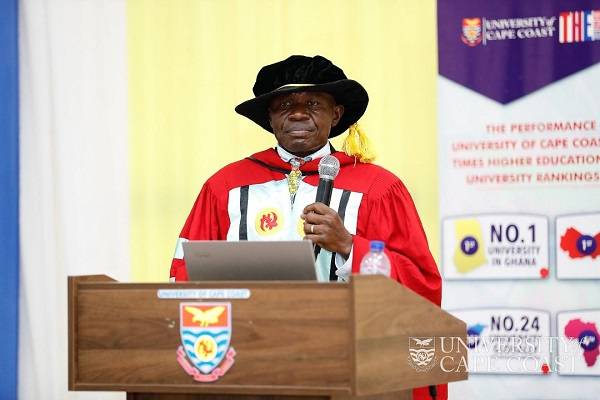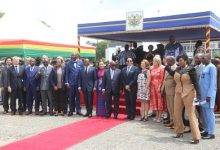
The poverty levels in the north which acts as the main catalyst for migration down south is more of structural difficulties than the absence of resources, a Professor of Migration and Refugee Studies at the University of Cape Coast (UCC), Prof. Augustine Tanle, has said.
He has, therefore, called for some deliberate steps to establish growth poles that leverage on the vast arable land in the northern part of the country to address the north-south migration.
“The cause of the north-south seasonal labour migration is due to widespread poverty, poor physical characteristics and differences in socio-economic opportunities and infrastructural development linked to the policies initiated by the British colonial government and sustained by successive post-independence governments.
There is therefore the need to modernise agriculture capitalising on the vast arable land in the five regions in northern Ghana to increase food production, create employment and also reduce poverty in the area,” he emphasised.
Prof. Tanle was speaking at an inaugural lecture on the topic: “Interrogating north-south seasonal migration in Ghana as a livelihood strategy” at the UCC on Wednesday.
He noted that the government’s flagship programmes such as Planting for Food and Jobs could partly address the challenge, however, it must be devoid of the partisan and political rhetorics.
The professor therefore called on the government to facilitate the creation of growth poles in areas such as Wa, Tamale, Bolgatanga, Damongo and Nalerigu, stressing that “these could serve as development points so that the peripheral areas could be attractive for further development.”
“The need for conscious efforts to expand socio-economic opportunities and infrastructural development in northern Ghana is long overdue,” he emphasised.
Touching on the Sustainable Development Goals, he said the country was likely to miss out on five of the goals due to the north-south inequality in the country.
He said the concentration of development initiatives in the southern sector contributed to an increase in the level of poverty in the five regions in the north, and that made it daunting towards achieving some of the targets under the SDGs.
“Development between the southern and northern sector perpetuate poverty due to the level of inequality,” he said.
He mentioned SDGs one, two, four, six and 10 as the main targets the country could miss due to its development trajectory over the years resulting in increment of poverty in the five regions in the northern part of the country.
In terms of poverty reduction which falls under SDG one, he said, southern Ghana was doing better than northern Ghana, saying, “If we are said to achieve goal one, it may be part of the country and not the entire country”.
FROM DAVID O. YARBOI-TETTE,CAPE COAST







